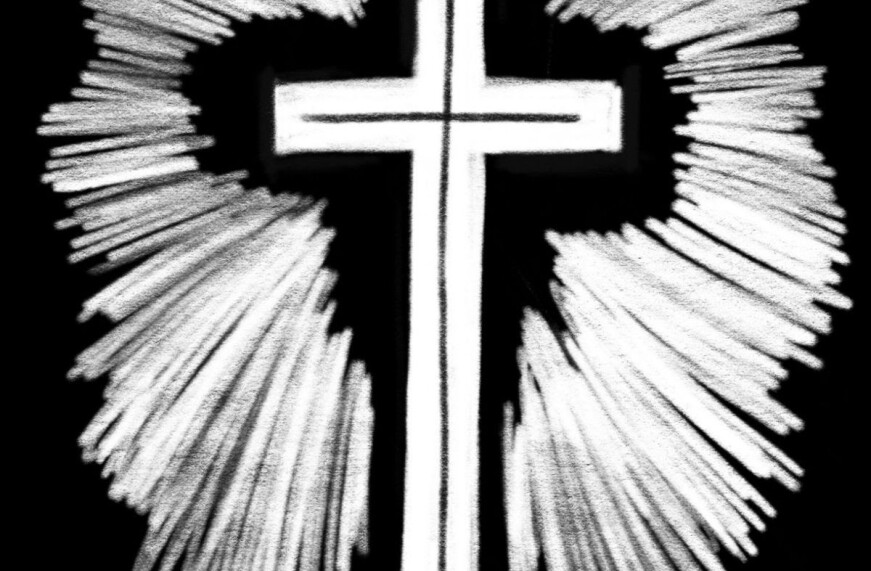You can listen to the reading and reflection by clicking here.
Luke 11.14-23
Now he was casting out a demon that was mute; when the demon had gone out, the one who had been mute spoke, and the crowds were amazed. But some of them said, “He casts out demons by Beelzebul, the ruler of the demons.” Others, to test him, kept demanding from him a sign from heaven. But he knew what they were thinking and said to them, “Every kingdom divided against itself becomes a desert, and house falls on house. If Satan also is divided against himself, how will his kingdom stand? —for you say that I cast out the demons by Beelzebul. Now if I cast out the demons by Beelzebul, by whom do your exorcists cast them out? Therefore they will be your judges. But if it is by the finger of God that I cast out the demons, then the kingdom of God has come to you. When a strong man, fully armed, guards his castle, his property is safe. But when one stronger than he attacks him and overpowers him, he takes away his armor in which he trusted and divides his plunder. Whoever is not with me is against me, and whoever does not gather with me scatters.
This is a heavy reading to parse through. It seems like such a strong condemnation and definitive line in the sand from the one who calls us to love our neighbor as ourselves and whose sacrifice is the font of redemption. But there it is.
Jesus brings up an interesting point to his critics early on in the story, revealing their logical fallacy. “Every kingdom divided against itself becomes a desert, and house falls on house. If Satan also is divided against himself, how will his kingdom stand? —for you say that I cast out the demons by Beelzebul."
Evil that does good can no longer truly be evil and likewise, good that does evil can not be considered good.
I read CS Lewis' The Last Battle when I was younger and one scene really stuck with me. A young Calormen soldier, who had worshiped Tash (an evil, vicious demi-god and a parallel to Satan in Lewis' fantasy world of Narnia) all of his life and, when given the opportunity to enter the altar set up to Tash, the soldier does so piously and penitently; expecting not to survive the encounter. Instead, he comes face to face with Aslan (the parallel to Christ in Narnia) and is told that all the service that the young man had done in the name of Tash was actually done in his name, for "no service which is vile can be done to me, and none which is not vile can be done to him." The young man is relieved and falls to his knees weeping.
I found, and continue to find, this heartening. That the line in the sand doesn't have to be as damning as it seems. That though there is good and evil in this world, I can't always make that determination from a cursory, superficial examination. That perhaps I have more in common with my (so called) enemies than I realize. Perhaps we aren't truly enemies at all. Perhaps there is hope for me yet?
Redemption hidden in even the heaviest of lessons.



